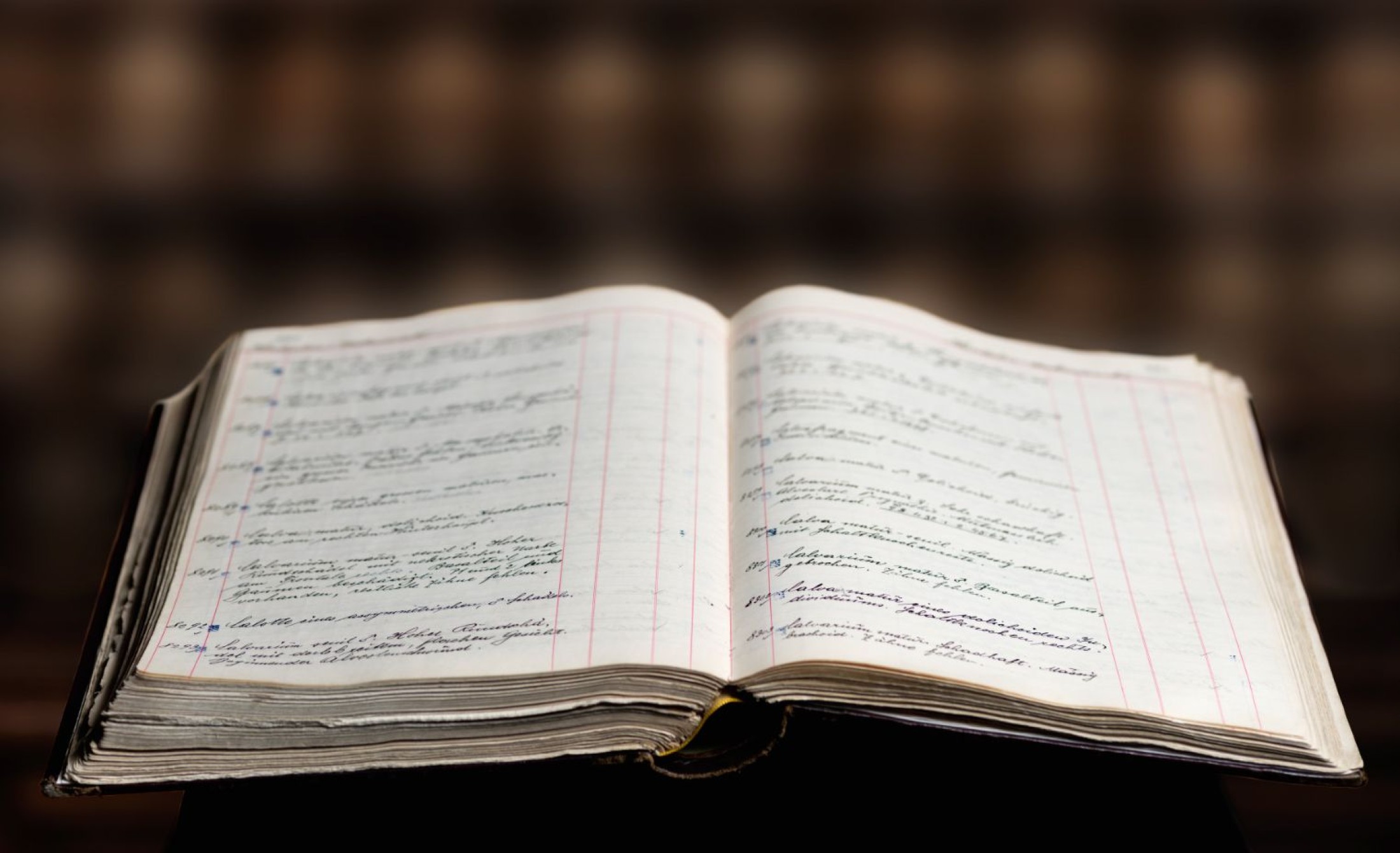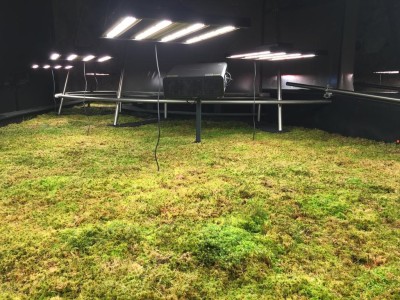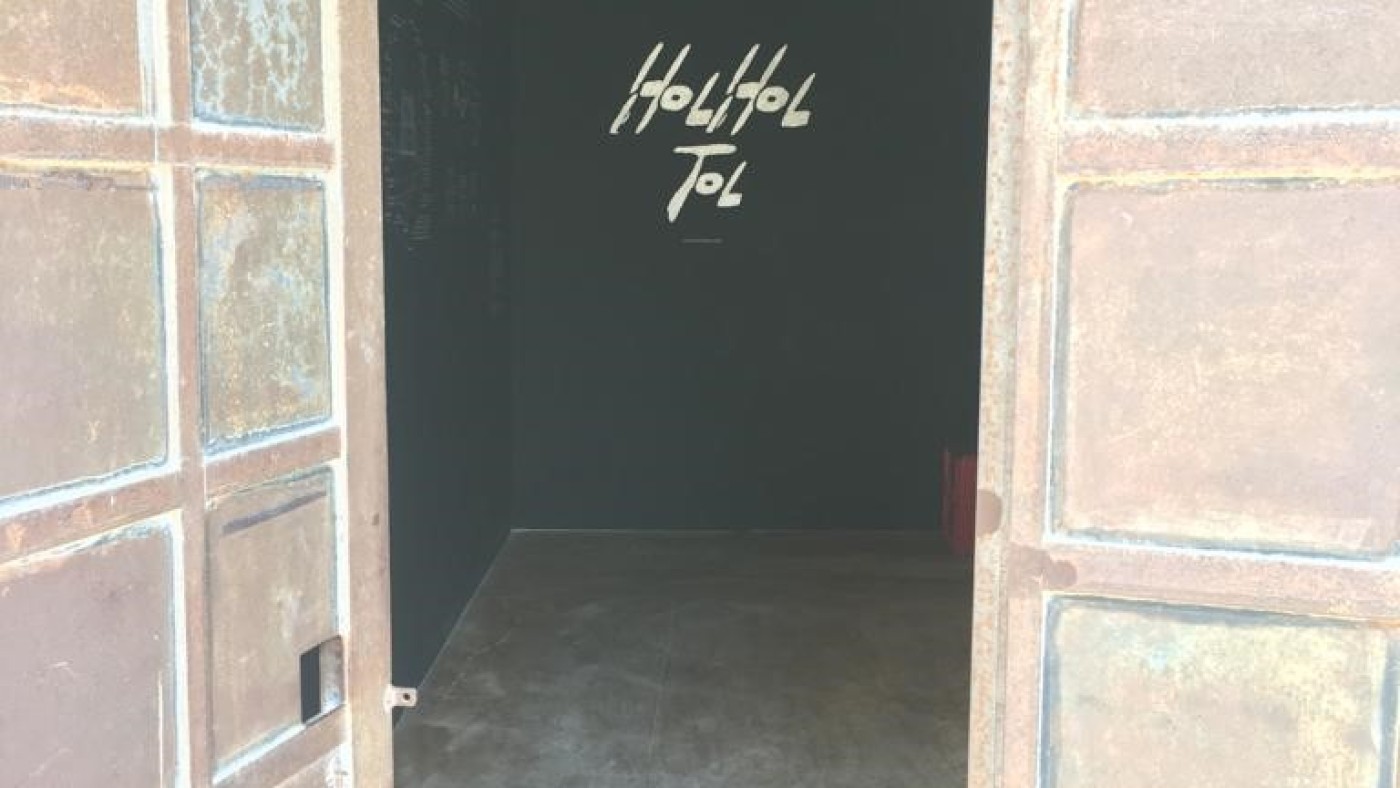Debates about the colonial acquisition context and the restitution of objects from mainly ethnographic collections are currently
being debated in both the public and science. The questions of what colonial acquisition contexts are, and how objects were
acquired do also concern collections in natural history museums like the NHM Vienna.
To answer some of these questions regarding the NHMV Vienna, a research group is now investigating colonial contexts within the so-called KolText project. The project (start: 2021, still ongoing), which is supported by the Austrian Federal Ministry of Arts, Culture, Public Service and Sport (BMKÖS), intends to provide an initial survey on the inventory within the museum, and to compile an overview of the archival background information that is necessary to research these provenances.
Due to the abundance of archival and further documenting material, the investigation focuses on the period from the founding of the NHM Vienna to the end of the Austro-Hungarian monarchy in 1918. Currently, osteological collections from New Zealand and Tierra del Fuego are being analyzed as first case studies in the Department of Anthropology of the NHM Vienna.
The main aim is to develop adequate research strategies to define the term "colonial acquisition context" for the collections of the NHM Vienna. This will be the foundation for further in-depth research for the coming years, where it is the goal to establish and standardize in-house provenance research focusing on specific colonial contexts associated specifically with natural history collections. In the end, this will lead to an extended contextualization of the objects in the collections of the NHM Vienna.
Members of the KolText research team:
Prof. Dr. Sabine Eggers
Dr. Margit Berner
DDr. Martin Krenn
Dr. Verena Pawlowsky
Constanze Schattke, BSc MSc
Dominik Spörker
To answer some of these questions regarding the NHMV Vienna, a research group is now investigating colonial contexts within the so-called KolText project. The project (start: 2021, still ongoing), which is supported by the Austrian Federal Ministry of Arts, Culture, Public Service and Sport (BMKÖS), intends to provide an initial survey on the inventory within the museum, and to compile an overview of the archival background information that is necessary to research these provenances.
Due to the abundance of archival and further documenting material, the investigation focuses on the period from the founding of the NHM Vienna to the end of the Austro-Hungarian monarchy in 1918. Currently, osteological collections from New Zealand and Tierra del Fuego are being analyzed as first case studies in the Department of Anthropology of the NHM Vienna.
The main aim is to develop adequate research strategies to define the term "colonial acquisition context" for the collections of the NHM Vienna. This will be the foundation for further in-depth research for the coming years, where it is the goal to establish and standardize in-house provenance research focusing on specific colonial contexts associated specifically with natural history collections. In the end, this will lead to an extended contextualization of the objects in the collections of the NHM Vienna.
Members of the KolText research team:
Prof. Dr. Sabine Eggers
Dr. Margit Berner
DDr. Martin Krenn
Dr. Verena Pawlowsky
Constanze Schattke, BSc MSc
Dominik Spörker

Inventory register
Biennale Venedig 2022
In 2020, scientists from the Department for Anthropology actively reached out to Indigenous descendants of human remains from Tierra del Fuego that are currently stored in its collection. This developed into an intensive and mutually enriching exchange, mostly held via online meetings. Finally, in April 2022, Sabine Eggers and Constanze Schattke were able to visit Hema’ny Molina Vargas (Corporación Selk’nam Chile ) and Fernanda Olivares Molina (Fundación Hach Saye) in Venice for the 59th Biennale, where the Hach Saye is involved in the curation of the Chilean Pavillon, Turba Tol Hol-Hol. Here, the visitor is able to experience the spiritual and haptic world of the Selk’nam in the middle of an actual little piece of peatland. The face-to-face reunion between our scientists and representatives, full of new experiences, exchanges and conversations, manifested the previous exchanges at eye level and gives hope for further intensive cooperation of this kind.
External Links:
Corporación Selk’nam Chile https://www.facebook.com/corporacionselknamchile/
Chilean Pavillon https://turbatol.org/



